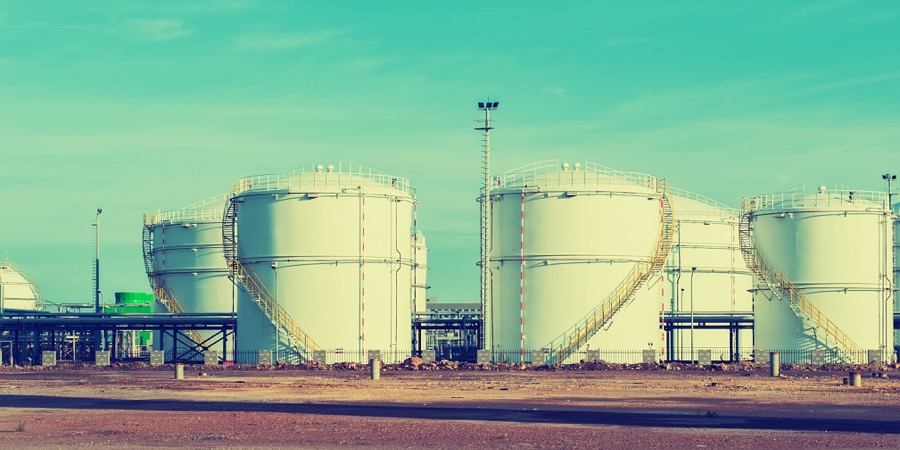IFP Energies Nouvelles (IFPEN) and Total have signed a €40 million strategic R&D partnership, that includes an agreement to endow a chair at the IFP School, on carbon capture, utilisation and storage (CCUS) and technologies to curb CO2 emissions.
The agreement includes a strategic R&D partnership on carbon capture, utilisation and storage (CCUS) aims to reduce the cost of infrastructure and improve the CCUS chain’s energy efficiency to secure its large-scale deployment. The partnership steps up the long-standing collaboration between Total and IFPEN by marshalling additional resources. The research will focus on fields related to new materials, process scale-up, underground carbon storage in deep saline aquifers, technical and economic feasibility studies and the quantification of environmental benefits for the entire CCUS chain.
Also in the agreement is the Carbon Management and Negative CO2 Emissions Technologies to Net-Zero Carbon Future Chair. It aims to help train a new generation of international researchers and experts who will develop technologies to reduce carbon in the atmosphere. Overseen by a scientific committee comprised of world-renowned, independent experts, the chair will bring together seven doctoral and five post-doctoral researchers for five years.
Following the signature of the agreement, Patrick Pouyanné, Chairman and CEO of Total, stated: “We are delighted to accelerate the R&D partnership between Total and IFPEN. We want to pool our innovation capabilities to reduce the cost of CCUS technologies and improve their efficiency — both of which are necessary for large-scale deployment. Total wants to help make the planet carbon neutral and boost the competitiveness of an industrial-scale CCUS sector.”
Didier Houssin, Chairman and CEO of IFPEN, commented: “IFPEN has been actively researching carbon capture, utilisation and storage technologies for nearly 20 years. Our strengthened partnership with Total will allow us to combine our teams’ skills and know-how with Total’s and thus to accelerate the deployment of CCUS technologies, which are a key solution for drastically cutting CO2 emissions.”
According to the International Energy Agency’s (IEA) Sustainable Development Scenario, which corresponds to a less than 2°C rise in the global average temperature, it will be necessary to capture and store 6 billion tons of carbon by 2050. This will require developing viable, cost-competitive CCUS technologies.
For more information visit www.total.com










